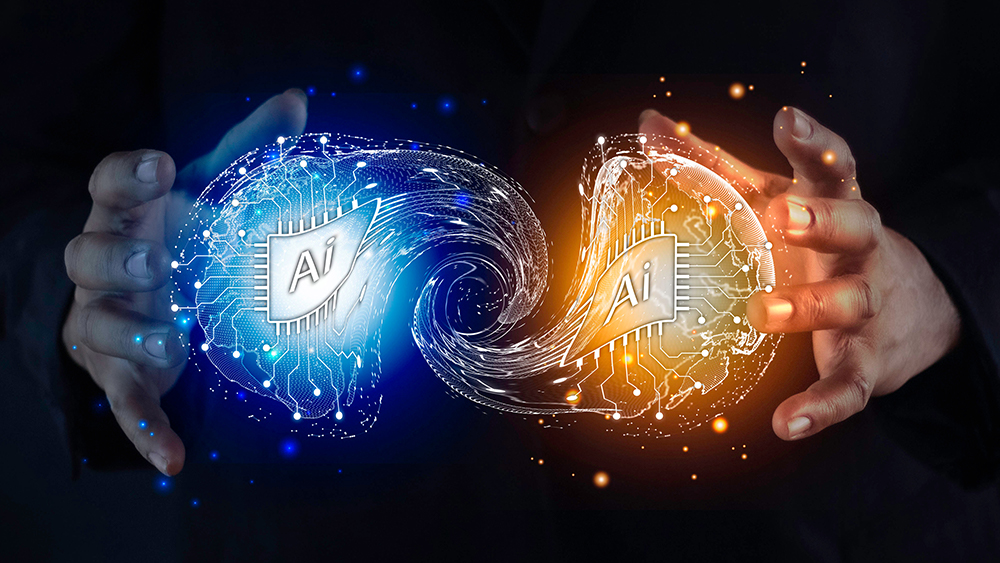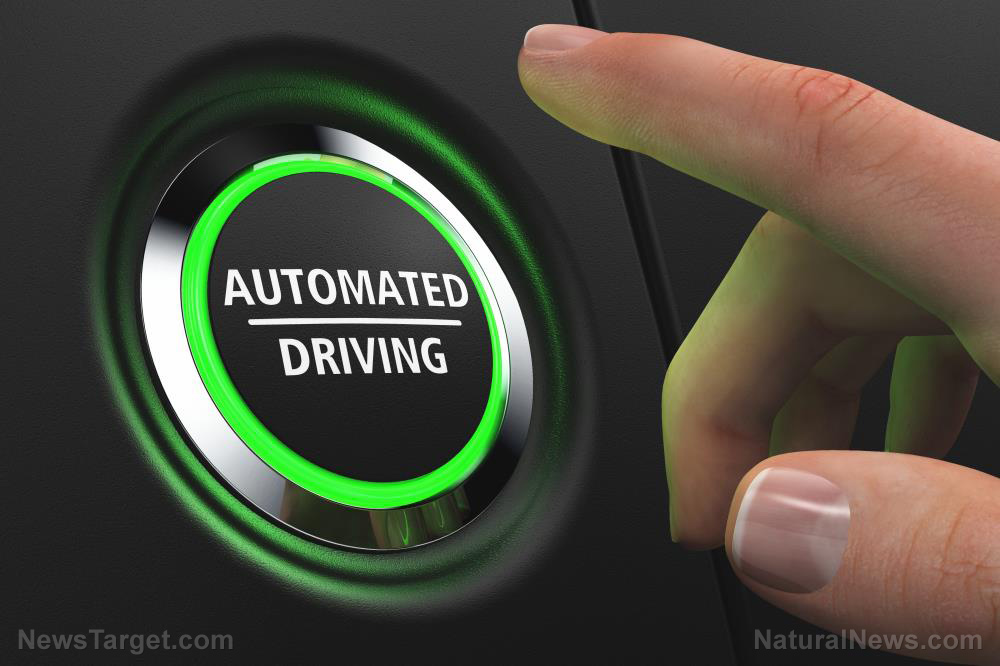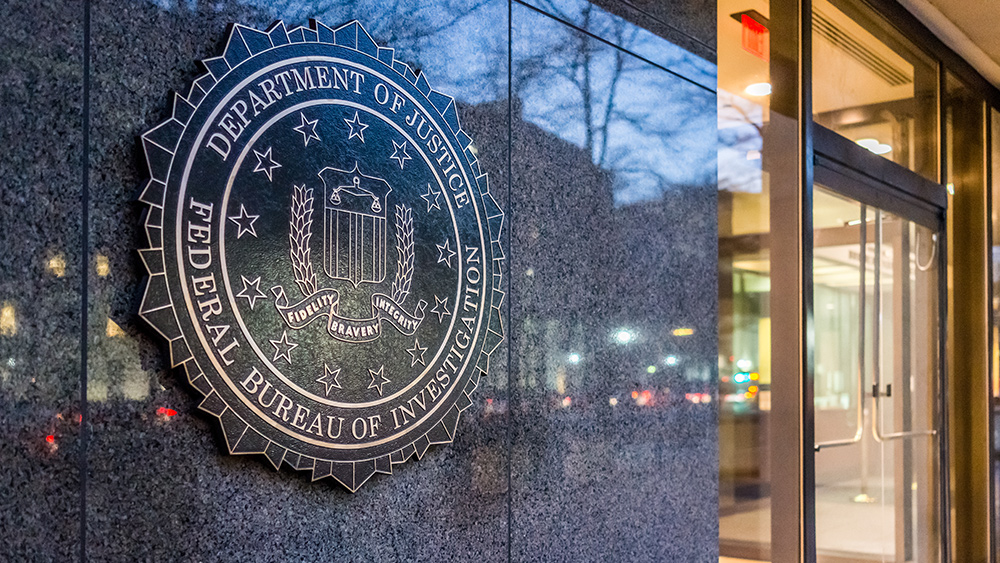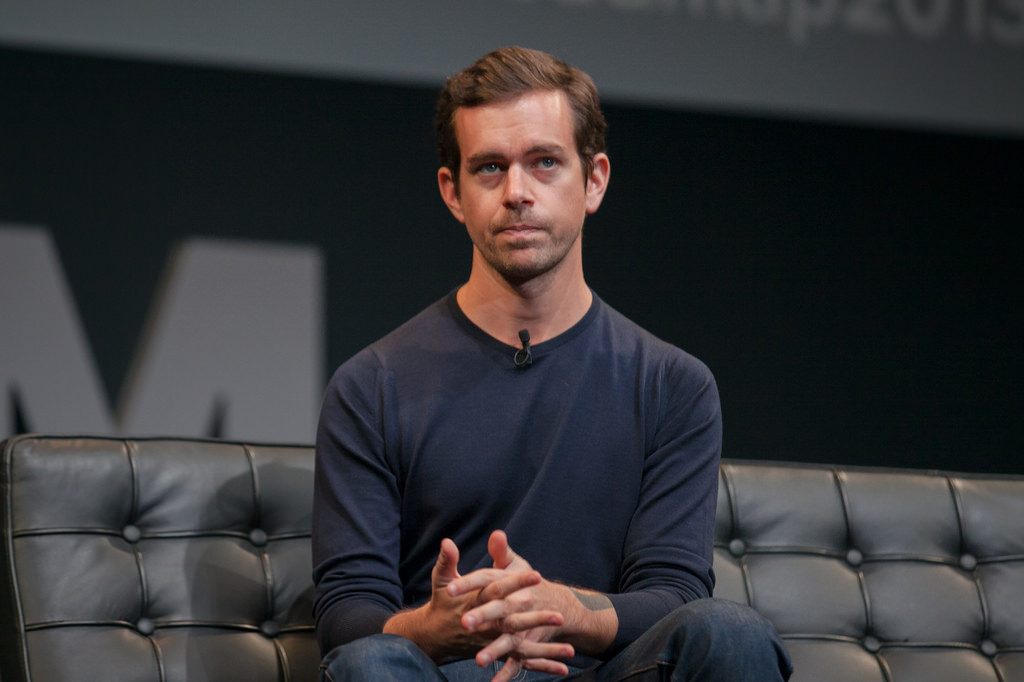Award-winning study: Self-driving cars more likely to cause traffic incidents and pose hazards due to their limited understanding of human behavior
06/12/2023 / By Laura Harris
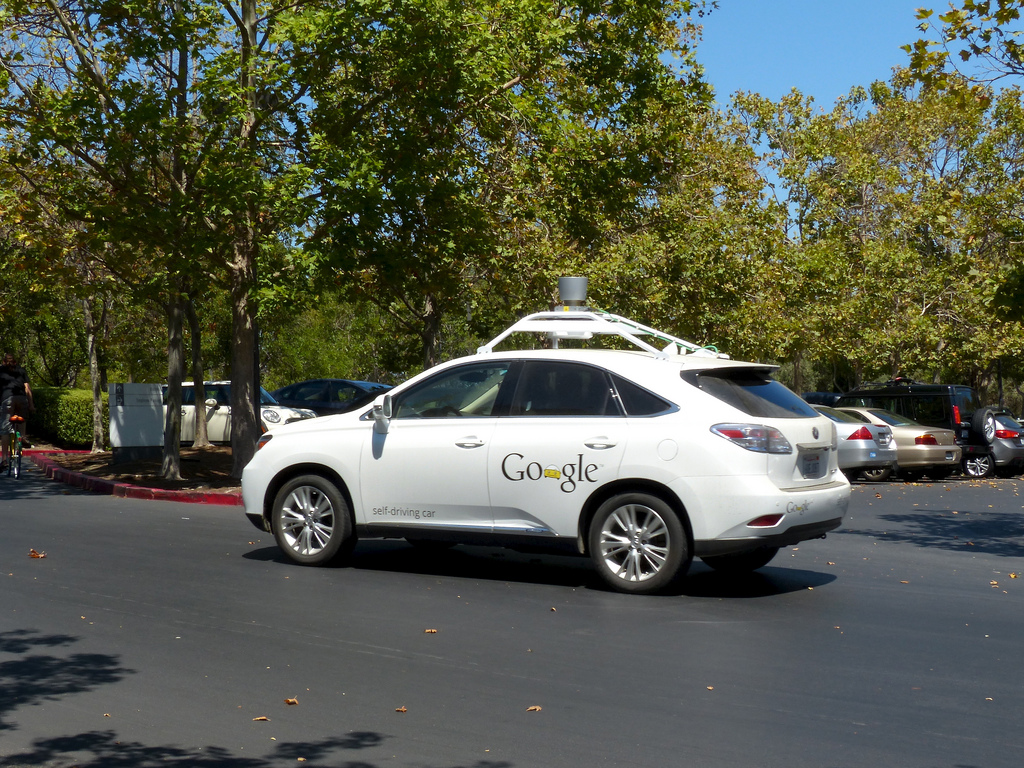
Self-driving cars, often hailed as the future of transportation, are causing more traffic incidents and posing potential risks down the road due to their limited understanding of human behavior.
According to an award-winning study conducted by a team from the University of Copenhagen, autonomous vehicles are having difficulty in interpreting the subtle social cues that influence driving choices. Led by Barry Brown, a professor from Copenhagen’s Department of Computer Science, the study delves into the limitations of self-driving cars. The inability of these vehicles to interpret social interactions, including body language and other signals, has significant implications for their performance and safety.
“Navigation in traffic is more than just following traffic rules. Social interactions and non-verbal cues play a crucial role in how we communicate with each other on the road. Self-driving cars still fall short in understanding these nuanced signals,” explained Brown. (Related: As self-driving cars become more widely accepted, experts warn: They aren’t fail-safe.)
Autonomous vehicles have been deployed by companies like Waymo, Cruise and Tesla in different regions of the United States as taxi services and full self-driving (FSD) program cars. However, the actual road performance of these vehicles remains a closely guarded trade secret, limiting public insight into their capabilities and limitations.
Self-driving cars endanger pedestrians and block traffic
The researchers examined 18 hours of 70 different YouTube videos captured by enthusiasts testing autonomous vehicles from the back seat.
One video showcased a family of four waiting to cross a residential street in the United States. Despite the absence of a pedestrian crosswalk, the family signaled for the self-driving car to continue. However, the vehicle abruptly stopped, leading the family to cross the road cautiously. Just as they started to cross, the car unexpectedly started moving again, causing the family to retreat to the sidewalk.
“This incident reflects the primary issue we discovered in our analysis and highlights the self-driving cars’ inability to comprehend social interactions in traffic. While the vehicle stopped to avoid hitting pedestrians, it failed to understand the signals, leading to confusion and potential danger,” noted Brown.
Similar incidents happened in 2022 when residents of San Francisco took to social media to share images and videos capturing multiple instances of Cruise self-driving cars causing traffic disruptions in the city.
The first incident took place in the Nob Hill neighborhood, where a driverless Cruise vehicle was seen blocking a San Francisco Municipal Railway (Muni) bus. Frustrated commuters expressed their annoyance as they witnessed the obstruction caused by the autonomous car.
Shortly after, in the Cathedral Hill neighborhood, another self-driving car reportedly entered a bus lane and stopped just in time to avoid colliding with another Muni bus. The bus driver had to navigate around the stopped vehicle to continue their route.
In a separate location, a third self-driving car was found in the middle of the road, hazard lights activated and playing music. This unexpected blockade forced other vehicles, including another Muni bus, to find alternate routes. Fortunately, no accidents or injuries were reported due to these incidents.
In response to the knowledge gap, the researchers suggest that a more sociological approach is needed in designing self-driving cars’ interactions with other road users.
Learn more about self-driving cars at RoboCars.news.
Watch as Yuval Noah Harari and Elon Musk discuss self-driving cars.
This video is from the Thrivetime Show channel on Brighteon.com.
More related stories:
Experts warn about future uses of self-driving cars for heinous crimes.
Yes, Elon Musk is completely full of crap with claims about “fully” self-driving cars.
Laser technology used in self-driving cars can damage cameras and human eyes.
Google’s self-driving cars will monitor you and target you with ads, Audi warns.
Sources include:
Submit a correction >>
Tagged Under:
autonomous cars, autonomous vehicles, cars, computing, Dangerous, driverless cars, future tech, Glitch, inventions, national security, products, road safety, robo taxis, robocars, robotics, San Francisco, self-driving cars, Traffic, transportation
This article may contain statements that reflect the opinion of the author
RECENT NEWS & ARTICLES
COPYRIGHT © 2017 GLITCH.NEWS
All content posted on this site is protected under Free Speech. Glitch.news is not responsible for content written by contributing authors. The information on this site is provided for educational and entertainment purposes only. It is not intended as a substitute for professional advice of any kind. Glitch.news assumes no responsibility for the use or misuse of this material. All trademarks, registered trademarks and service marks mentioned on this site are the property of their respective owners.

